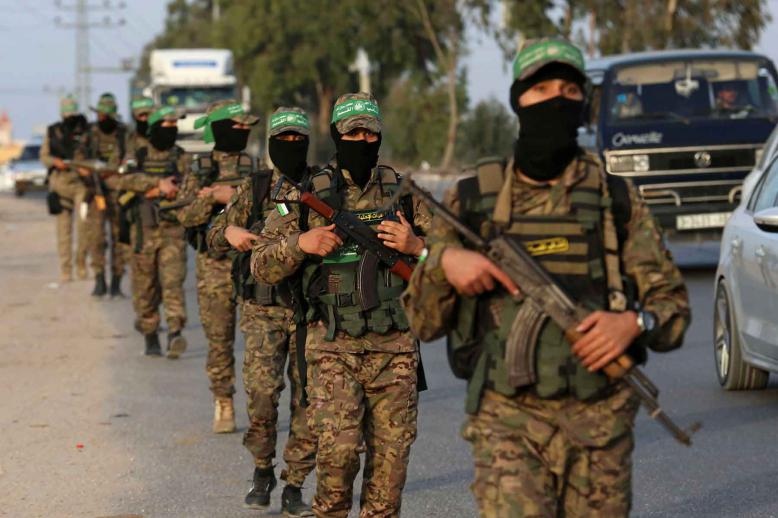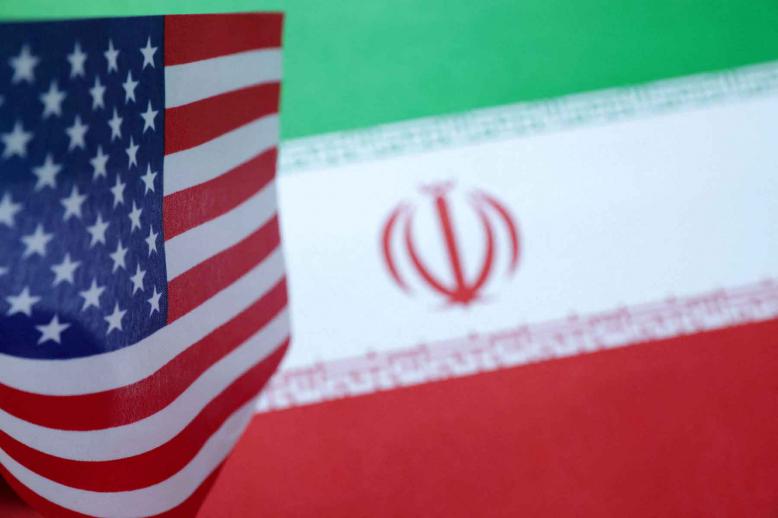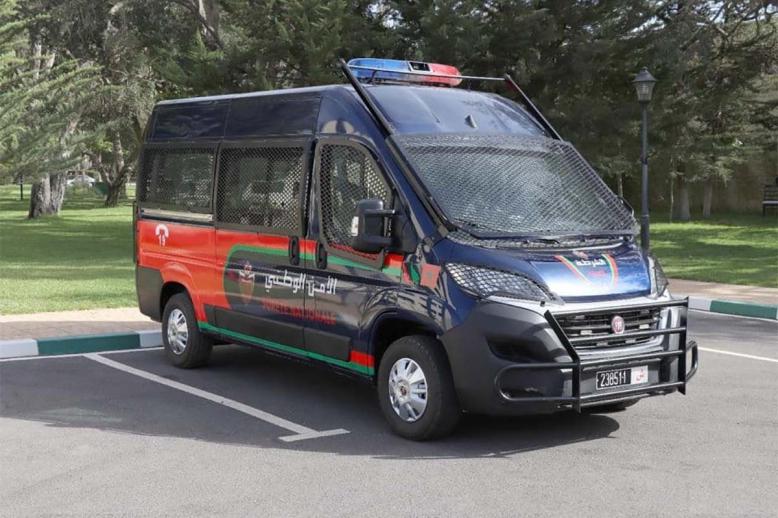Saudi-BeIn deal to show World Cup games falls through
DOHA - Qatar's beIN Media Group said Tuesday it has been unable to reach a deal with Saudi Arabia to show World Cup games, nine days before the kingdom plays Russia in the tournament's opening match.
In a statement, beIN also said world football's governing body, FIFA, had assisted in contract negotiations as the Saudis would not deal directly with Qatari officials due to a deepening one-year diplomatic dispute.
"We have been doing everything we can over the past few days and weeks to agree a sub-licensing deal in Saudi Arabia," said a spokesperson for beIN.
"While there were preliminary discussions, there has been no agreement on price, or indeed any of the main terms of a sub-licence, by Saudi Arabia."
The spokesperson added: "BeIN remains absolutely open and available to discuss the sub-licence broadcast of FIFA World Cup 2018."
A source with knowledge of the negotiations said FIFA was involved because Saudi Arabia refused to deal directly with beIN.
The announcement came on the anniversary of a Gulf diplomatic crisis, pitting the two countries against each other.
It also comes just nine days before Saudi Arabia play hosts Russia in the opening match of the World Cup on June 14.
On June 5, 2017, a group of countries led by Saudi Arabia, severed ties with Doha, accusing it of supporting terrorism and Riyadh's great regional rival, Iran.
Qatar denies the charges and says the dispute is an attack on its sovereignty.
The contract impasse also comes after beIN asked FIFA to take legal action against pirate broadcasters in Saudi Arabia ahead of the World Cup.
BeIN says the expensively purchased broadcast rights it has secured for major sporting events in the region -- including football's biggest tournament which starts on June 14 -- are being undermined by pirate broadcasters operating out of its much larger neighbour.
BeIN says that since last October, a vast and sophisticated Saudi bootlegging network known as "beoutQ" -- using a signal from Riyadh-based satellite provider Arabsat -- had been illegally transmitting its broadcasts.
Also on Tuesday, beIN formally announced a two-year deal with United Arab Emirates broadcaster Du.
Last weekend, beIN channels to Du subscribers were taken off air in another contractual dispute.






